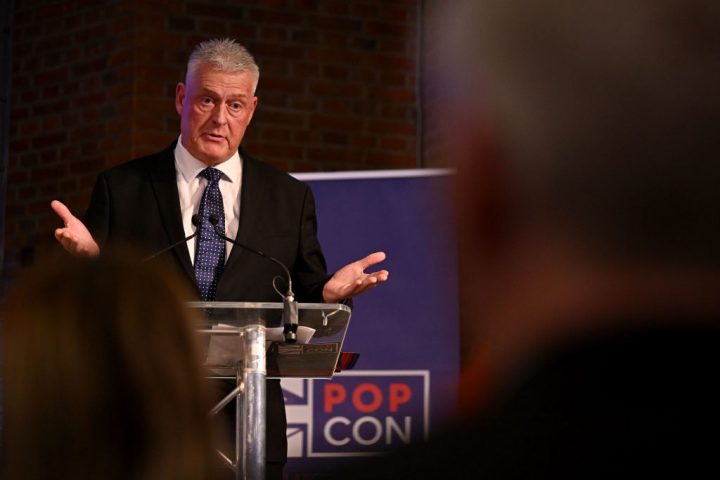What are we to make of the Lee Anderson saga? The very fact that this low-rent furore is dominating our Sunday political discourse speaks volumes. At the end of a week which saw the Commons change its procedures in a bid to placate the threat posed by a mixed bag of Islamist and Corbynista pro-Palestine ultras, the political media has found a compelling talking point with which to divert our attention.
Already a subscriber? Log in
Subscribe for just $2 a week
Try a month of The Spectator Australia absolutely free and without commitment. Not only that but – if you choose to continue – you’ll pay just $2 a week for your first year.
- Unlimited access to spectator.com.au and app
- The weekly edition on the Spectator Australia app
- Spectator podcasts and newsletters
- Full access to spectator.co.uk
Or




















Comments
Don't miss out
Join the conversation with other Spectator Australia readers. Subscribe to leave a comment.
SUBSCRIBEAlready a subscriber? Log in